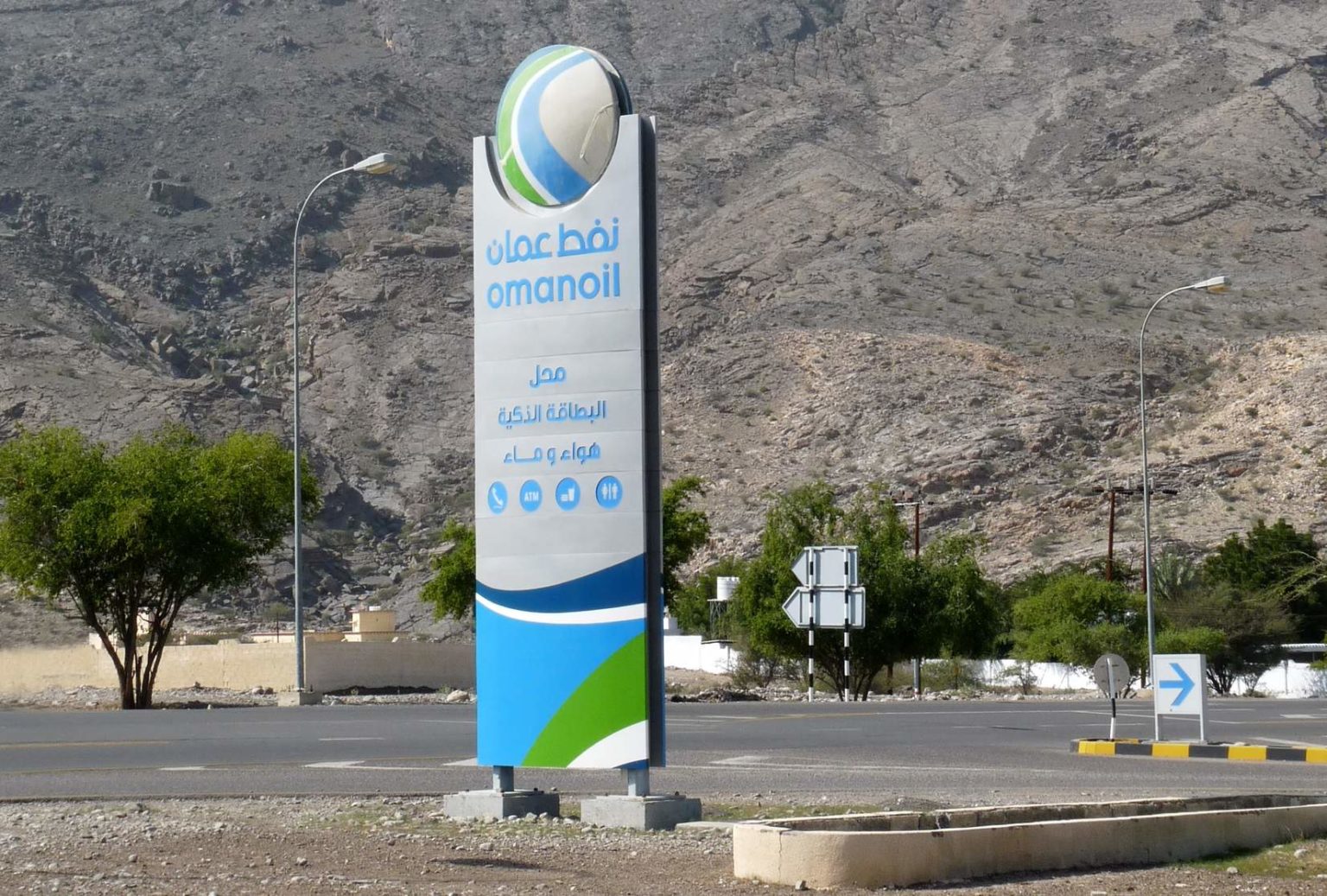A government credit agency tasked with bolstering the UK’s export opportunities is to be investigated by parliament over its ongoing support of fossil fuel projects.
The House of Commons’ Environmental Audit Committee (EAC), chaired by Labour MP Mary Creagh, is launching an inquiry into the UK Export Finance’s (UKEF) activities in light of the UK‘s climate commitments under the government’s Clean Growth Strategy.
That strategy aims to lay out the pathway for the UK’s economy to grow while also cutting its greenhouse gas emissions. But environmental campaigners have accused UKEF‘s activities of directly contradicting the UK‘s commitment to tackling climate change.
UKEF has made a number of controversial investments in recent years.
Just two days after scientists warned that immediate and drastic action was needed to curb emissions to prevent global warming of more than 1.5 degrees, UKEF announced its support for a multi-billion pound oil refinery in Bahrain. And earlier this year, UKEF announced plans to support a “high risk” multi-billion pound oil refinery in Oman.
UKEF’s latest annual report also shows that the agency provided export risk guarantees worth £300,000 to a drilling company contracted by BP-controlled Pan American Energy to frack in Argentina.
A joint investigation by Greenpeace’s investigation unit Unearthed and Private Eye found that UKEF had provided fossil fuel companies with £4.8 billion in financial support between 2010 and 2017.
The Labour Party last month adopted a new policy regarding UKEF’s strategy and pledged to “promote UK Export Finance support for the energy sector towards low-carbon projects in place of its overwhelming support for fossil fuel projects in previous years”.
Launching the enquiry, EAC chair Mary Creagh said in a statement:
“Almost all of UK Export Finance’s energy projects support fossil fuels overseas. This flies in the face of government’s commitment to cut greenhouse gases, and locks developing countries into high-carbon energy production.”
“We need joined-up thinking across government to make sure that overseas financial support does not fly in the face of UK Government’s environmental commitments.”
Adam McGibbon, climate change campaigner at NGO Global Witness welcomed the inquiry. He said:
“A parliamentary inquiry into UK Export Finance’s sky-high fossil fuel support is long overdue. The UK government’s support for fossil fuels is incompatible with the Paris Agreement and with physical science.”
“At least 80 percent of all proven fossil fuel reserves need to stay in the ground in order to stop genocidal climate breakdown. There is no case for continued export finance support for fossil fuels, and we are confident that Members of Parliament will see that when they look at the evidence.”
Barry Gardiner, Labour’s shadow secretary of state for international trade, told DeSmog UK he hoped the inquiry “makes the government re-think this policy.”
“The government needs to justify throwing the weight of taxpayer money behind the export credit agency’s subsidy of fossil fuels”, he said.
“When I challenged Liam Fox about this at Departmental questions in June, he dodged giving a straight answer. So I’m delighted that the Environmental Audit Committee have now taken up this issue. I look forward to seeing the Secretary of State try to defend himself”.
A UKEF spokesperson said:
“The UK’s priority, at home and abroad, is to encourage international opportunities for UK businesses – ensuring they can build fruitful relationships with overseas partners.”
“UKEF is committed to high standards of environmental, social and human rights risk management, and rigorously follow the requirements of the OECD Common Approaches and Equator Principles, which set the framework for export credit agencies and international financial institutions in this area. We look forward to working with the Environmental Audit Committee on its inquiry, and will review its findings as we continue to develop our support for UK exports.”
Image: Ji-Elle/Wikimedia Commons CC BY–SA 3.0. Updated 03/12/2018: Barry Gardiner’s comment was added.
Subscribe to our newsletter
Stay up to date with DeSmog news and alerts






